Sleep and Strength: The Overlooked Connection Between Rest and Athletic Performance
### Sleep and Strength: The Overlooked Connection Between Rest and Athletic Performance
When we think of athletic performance, images of grueling workouts, strict diets, and relentless discipline often come to mind. Yet, there is an essential component that frequently gets overlooked in the quest for peak performance: sleep. As athletes push their bodies to the limit, the importance of adequate rest cannot be overstated. Sleep is not just a period of inactivity; it is a critical phase for recovery, growth, and overall athletic performance. In this blog post, we will explore the intricate relationship between sleep and strength, highlighting the health benefits of quality rest, exercise advice, and nutrition tips to optimize your performance.
#### The Science of Sleep and Recovery
Sleep is a complex physiological state that plays a vital role in various bodily functions. During sleep, the body undergoes repair and recovery processes, including muscle repair, protein synthesis, and the release of growth hormones. The deep stages of sleep, particularly slow-wave sleep (SWS) and rapid eye movement (REM) sleep), are crucial for physical and mental recovery.
Research indicates that poor sleep can lead to decreased strength, impaired cognitive function, and reduced endurance. A study published in the *Journal of Sports Sciences* found that athletes who slept less than eight hours per night experienced significant declines in performance, reaction times, and overall well-being. In contrast, those who prioritized sleep reported higher energy levels and improved athletic performance.
#### Health Benefits of Quality Sleep
1. **Muscle Recovery**: Sleep enhances protein synthesis, which is essential for muscle repair and growth. Adequate sleep allows your body to replenish glycogen stores and improve muscle recovery after intense workouts.
2. **Hormonal Balance**: Sleep regulates hormones such as cortisol and testosterone. High levels of cortisol, often associated with stress, can hinder muscle growth and recovery. On the other hand, adequate sleep helps maintain optimal testosterone levels, crucial for strength gains.
3. **Cognitive Function**: Sleep improves focus, decision-making, and reaction times. This cognitive sharpness is essential for athletes, particularly in sports that require quick thinking and strategic planning.
4. **Injury Prevention**: A well-rested body is more resilient. Sleep deprivation can lead to decreased coordination and increased risk of injuries. Prioritizing sleep can help maintain proper motor function and reduce the likelihood of accidents during training or competition.
#### Nutrition Tips for Better Sleep
To maximize the benefits of sleep, athletes should also pay attention to their dietary choices. Here are some nutrition tips to promote better sleep:
1. **Magnesium-Rich Foods**: Magnesium plays a role in promoting relaxation and improving sleep quality. Incorporate foods such as spinach, nuts, seeds, and whole grains into your diet.
2. **Avoid Caffeine and Nicotine**: Stimulants like caffeine and nicotine can disrupt sleep patterns. Aim to limit these substances, especially in the hours leading up to bedtime.
3. **Hydrate Wisely**: While staying hydrated is essential for performance, avoid excessive fluid intake right before bed to minimize nighttime awakenings. Aim for proper hydration throughout the day instead.
4. **Light Evening Snacks**: A small snack before bed can help promote sleep. Choose options rich in tryptophan, such as turkey, yogurt, or bananas, which can aid in the production of sleep-inducing hormones.
#### Exercise Advice for Enhancing Sleep Quality
In addition to nutrition, exercise plays a crucial role in promoting better sleep. Here are some exercise tips to enhance your sleep quality:
1. **Timing Matters**: While regular exercise can improve sleep, the timing of your workouts is important. Aim to finish vigorous exercise at least a few hours before bedtime to allow your body to wind down.
2. **Incorporate Relaxation Techniques**: Activities such as yoga or stretching can help reduce stress and promote relaxation, making it easier to fall asleep.
3. **Stay Consistent**: Establishing


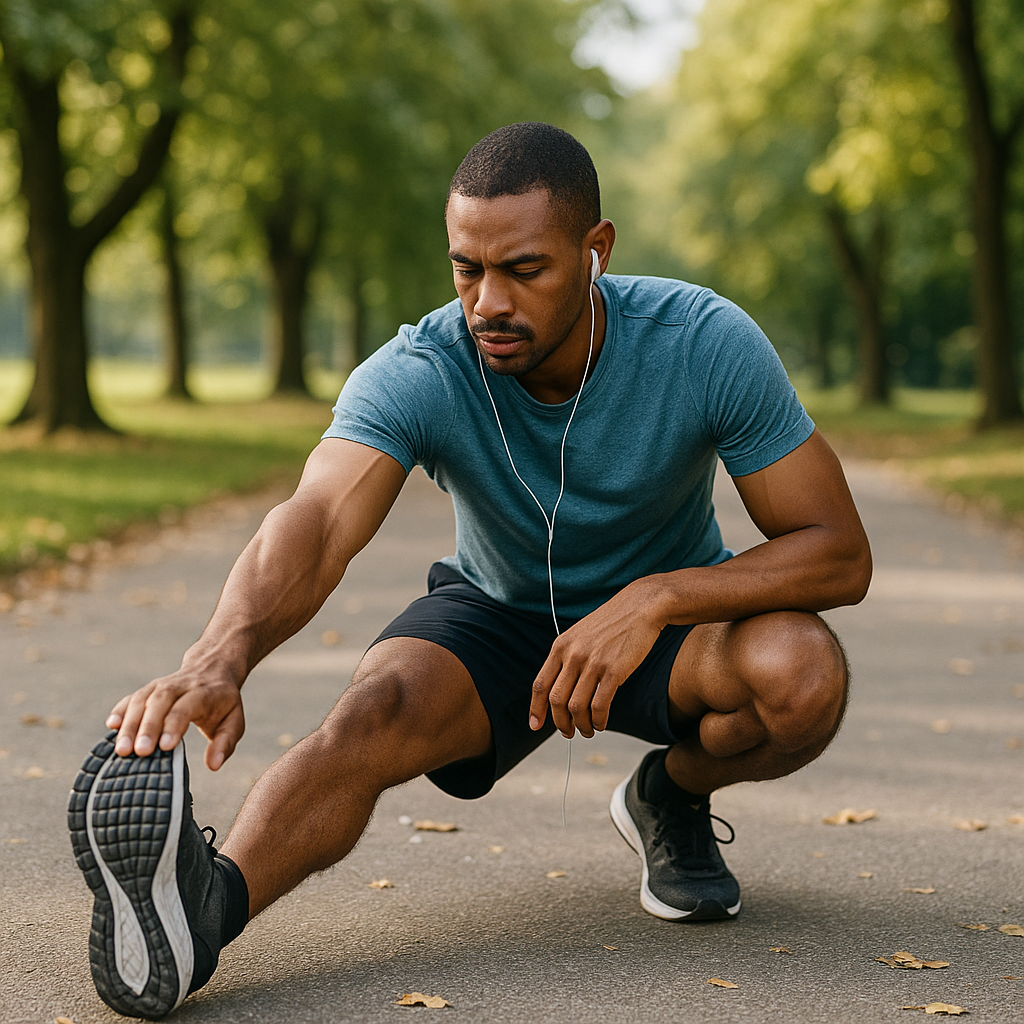
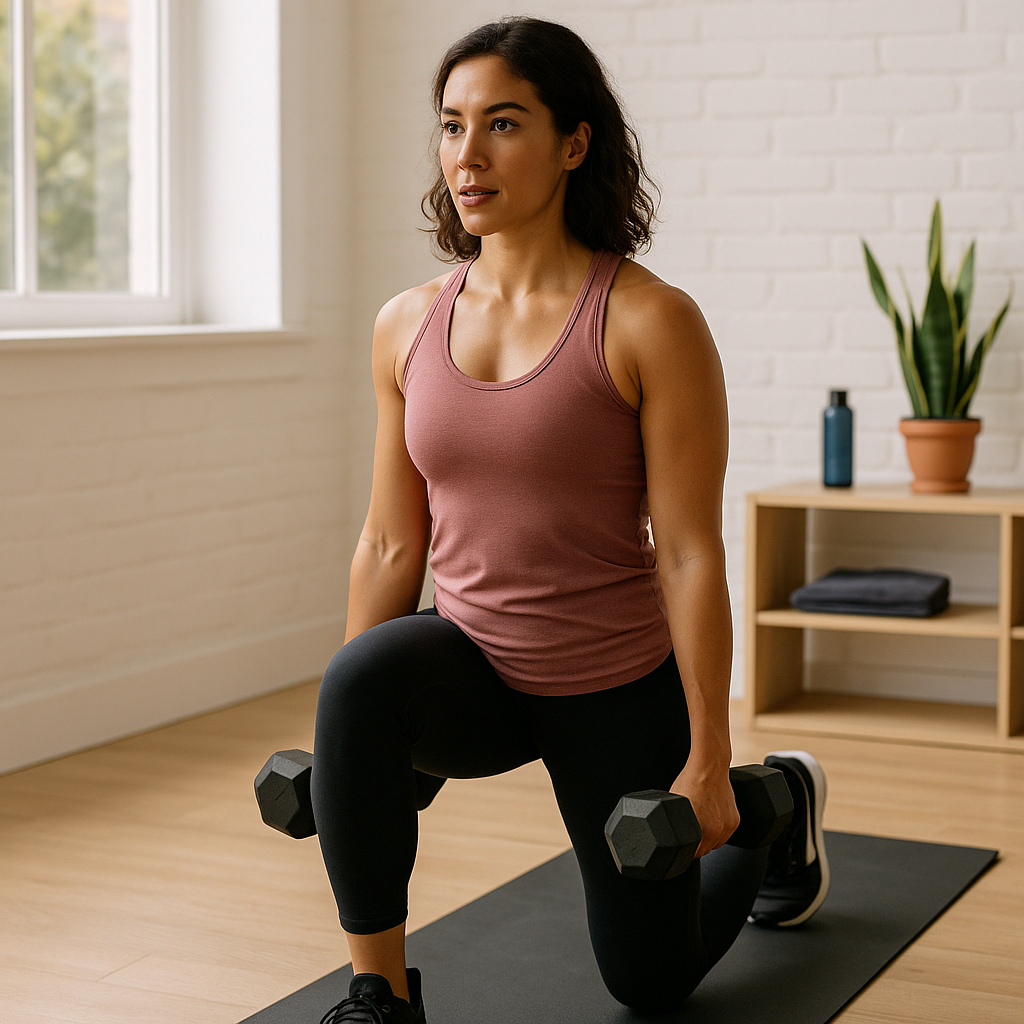

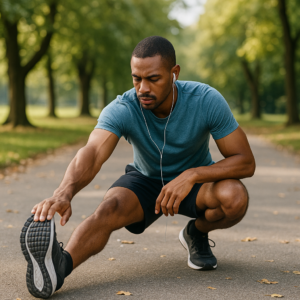
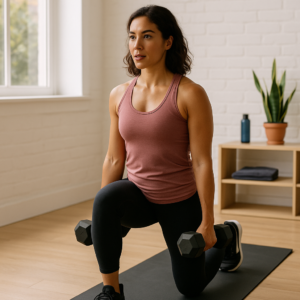

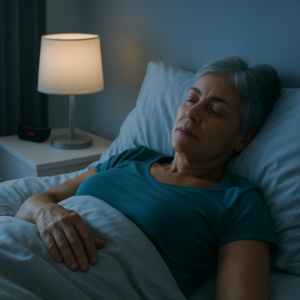
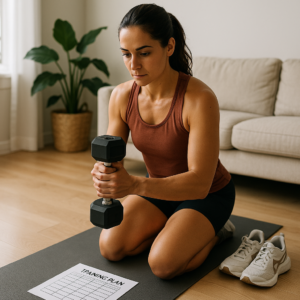



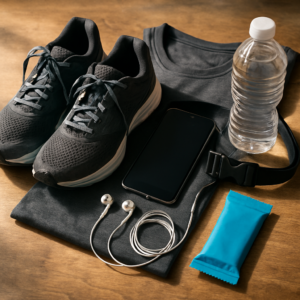

Post Comment